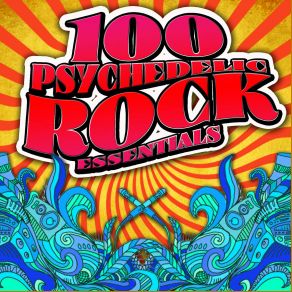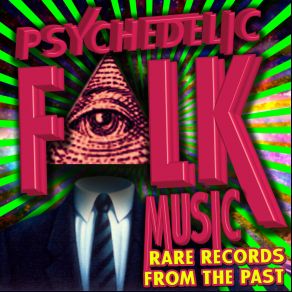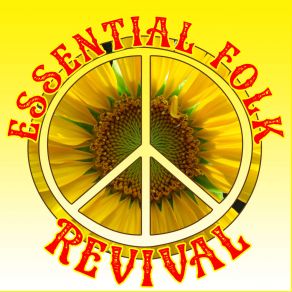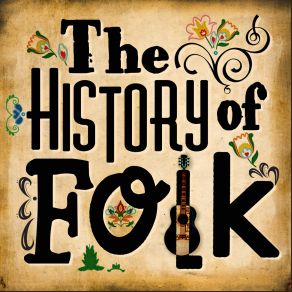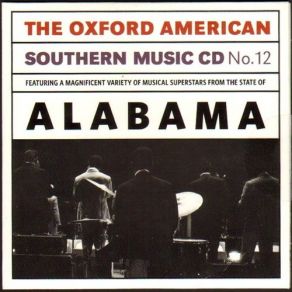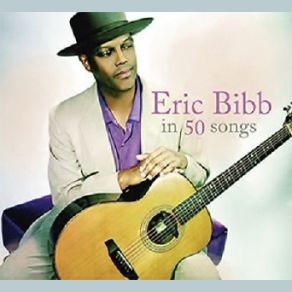Jerry Yester
Wikimp3 information about the music of Jerry Yester. On our website we have 3 albums and 5 collections of artist Jerry Yester. You can find useful information and download songs of this artist.
Biography
[Edit]Jerry Yester had a minor but very interesting role, usually as a supporting player, in 1960s folk-rock and (to a lesser extent) psychedelic music, as both a performer and a producer. Yester first rose to prominence as a recording artist as part of the Modern Folk Quartet, who did some standard folk-pop albums in the early- to mid-'60s. The Modern Folk Quartet did make the transition to electric folk-rock, but their electric phase is barely documented at all, with just one noted track, "This Could Be the Night," produced by Phil Spector. This was not released when it was recorded in the mid-'60s, although it came out on the Phil Spector Back to Mono box set. The track actually sounded less like folk-rock than it did like the mid-'60s Beach Boys, with suitably Spectorian production.
Yester then entered record production with the Association, whose lineup of the time included his brother, Jim Yester. Jerry Yester produced their Renaissance album, which was about as progressive as the Association ever got, especially on the minor psychedelic hit single "Pandora's Golden Heebie Jeebies." He was briefly a member of the Lovin' Spoonful in the late 1960s, replacing Zaln Yanovsky, although his stint in the group encompassed a period when they were drastically fading both artistically and commercially. Yester also continued to work as a producer, his finest achievements in that capacity being Tim Buckley's second and third albums (the latter of which he produced with Zaln Yanovsky). On Buckley's second album, Goodbye and Hello, Yester was crucial to expanding the singer's sound beyond the basic folk-rock of his debut into more orchestrated and eclectic horizons, particularly on the title track and "No Man Can Stop the War." The subsequent Happy Sad, on which Buckley expanded into jazzy directions, was evidently a much less pleasant experience for Yester, who had remembered that Buckley's backup group was difficult to work with. Certainly the resulting album, however, cannot be faulted on musical grounds.
Yester's best moment as an artist, as opposed to a producer, was on Farewell Aldebaran, the record he made in the late 1960s with his wife of the time, singer Judy Henske. Done for Frank Zappa and manager Herb Cohen's Straight label, this was an ambitious and charming mixture of folk-rock, classical-influenced melodies, and creative orchestrated psychedelic production (by Yester and Yanovsky), all given a strange patina by the oddball lyrics and varied arrangements. The title track, though not the most impressive song on the record, marked one of rock's earlier heavy forays into synthesizer-dominated production.
The record didn't sell well, but Henske and Yester did work together again as part of the group Rosebud, who did a self-titled album for Reprise in the early 1970s. The inspired and colorful palette of the Henske-Yester duo album was muted that time around (though still present), as some of the vocal and songwriting space was given to other members of the band. The result was a far more ordinary recording, also reaching into early-'70s Californian country-rock and singer-songwriter styles. Rosebud broke up after their album, as Henske and Yester's marriage also broke up around that time, with Henske subsequently marrying a fellow member of Rosebud, Craig Doerge.
Other Yester production credits include tracks by the Turtles, Pat Boone, and Tom Waits' 1973 album Closing Time. He later toured and recorded with reunited versions of the Modern Folk Quartet and the Lovin' Spoonful.
Title: Farewell Aldebaran (Remastered)
Artist: Judy Henske, Jerry Yester
Genre: Rock, Folk Rock, Songwriter/Lyricist, Psychedelic
Title: Farewell Aldebaran
Artist: Judy Henske, Jerry Yester
Genre: Rock, Folk Rock, Songwriter/Lyricist, Psychedelic
Collections
Title: 100 Psychedelic Rock Essentials
Genre: Rock
Title: Psychedelic Folk Music - Rare Records from the Past
Genre: Rock
Title: Essential Folk Revival
Genre: Pop
Title: The History of Folk
Genre: Pop



